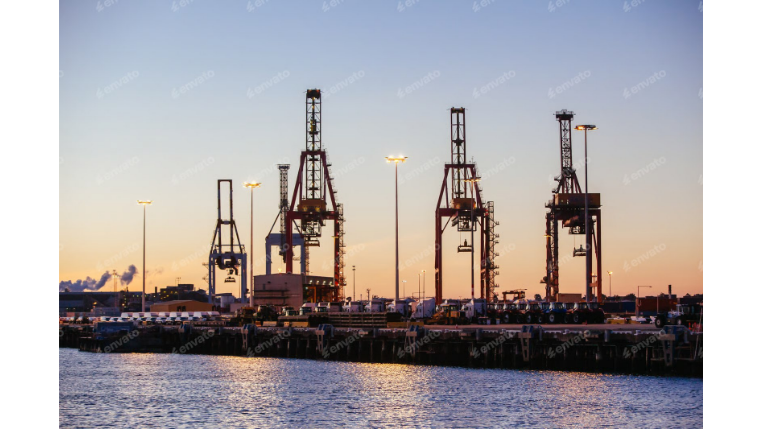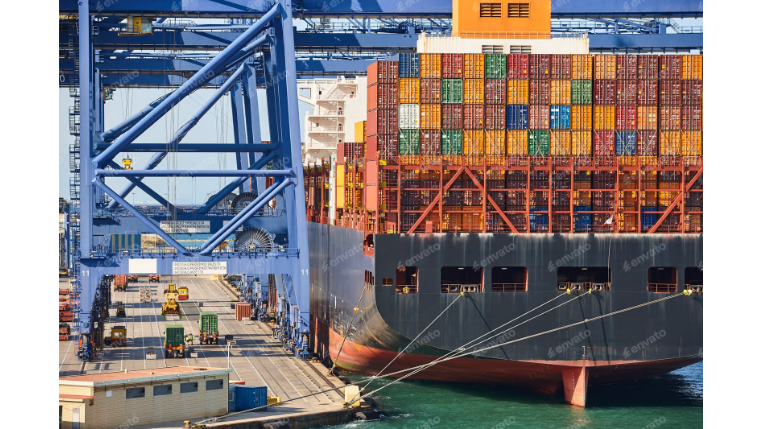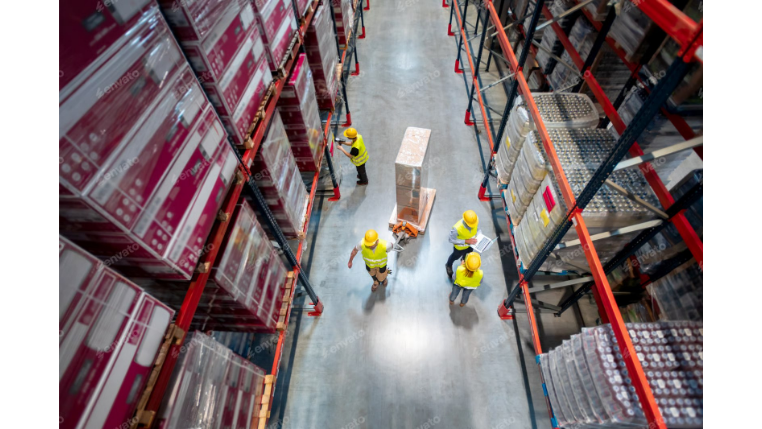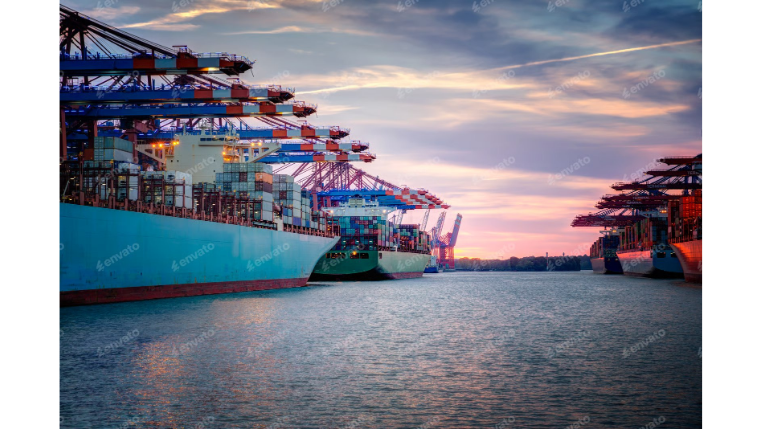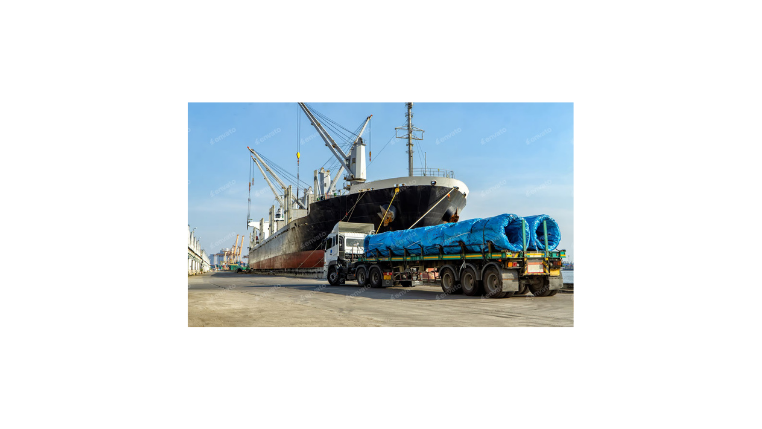The Top Logistics Trends to Watch in 2026: Navigating the Next Wave of Change
The logistics industry is in a state of perpetual and rapid evolution. As we stand on the cusp of 2026, it’s clear that the forces that have reshaped the global supply chain over the past few years are no longer emerging — they are here to stay. The accelerated growth of e-commerce, groundbreaking technological innovations, and an undeniable global mandate for sustainability have created a new competitive landscape.
Businesses that want to thrive must move beyond simply reacting to these changes and begin to proactively integrate them into their core strategy. This article highlights the key logistics trends that will define success in the coming year and beyond.
The New Normal: Key Forces Driving Logistics Evolution
The trends of 2026 are not appearing in a vacuum. They are a direct response to a new set of market realities:
- The Dominance of E-commerce: The expectation for fast, free, and fully transparent delivery is now the baseline for both B2C and B2B customers.
- The Imperative of Resilience: Lessons learned from recent global disruptions have made supply chain agility and risk mitigation a top priority for every executive board.
- The Rise of the Conscious Consumer: Customers are increasingly making purchasing decisions based on a brand's environmental and ethical credentials, making sustainability a commercial necessity.
Top Logistics Trends Shaping 2026 and Beyond
1. Hyper-Automation and Predictive Logistics
We are moving beyond basic automation into an era of hyper-automation, where AI and machine learning are not just supporting human decisions but are making autonomous ones.
- In the Warehouse: Autonomous mobile robots (AMRs) will not only pick goods but will also work in coordinated swarms, managed by AI to optimize the entire fulfillment process from put-away to packing.
- In Transportation: AI-powered predictive logistics is becoming mainstream. These systems analyze historical data, weather patterns, port congestion, and geopolitical risk factors to forecast potential disruptions and automatically suggest alternative routes or modes of transport before a delay even occurs.
2. The Reinvention of Last-Mile Delivery
As the most expensive and complex part of the e-commerce journey, the last mile is a hotbed of innovation. In 2026, we'll see the scaling of:
- Micro-Fulfillment Centers (MFCs): Small, highly automated warehouses placed in dense urban areas to be closer to the end customer, enabling sub-hour delivery times.
- Autonomous and Drone Delivery: While still limited to specific regions and use cases, the use of sidewalk bots and aerial drones for delivering small parcels will become a more common sight, especially in suburban areas.
- Smarter Consolidation: AI will play a greater role in pooling deliveries from multiple retailers into a single, optimized run, reducing costs and vehicle emissions.
3. Sustainability as a Core Business Metric
In 2026, sustainability is no longer a separate corporate initiative; it's a key performance indicator (KPI) deeply embedded in logistics operations.
- The Circular Supply Chain: Reverse logistics—the process of managing returns—is being transformed into a value-creation engine. The focus is on efficiently recovering, refurbishing, and recycling products to minimize waste and create new revenue streams.
- Carbon Footprint Reporting: Providing customers with a precise calculation of the carbon footprint of their delivery will become a standard feature, driven by both consumer demand and expanding regulations.
- EV Fleet Adoption: The transition to electric vehicle (EV) fleets for last-mile and regional delivery will accelerate as battery technology improves and charging infrastructure expands.
4. Blockchain for Verifiable Transparency
After years of hype, blockchain is maturing into a practical tool for solving specific, high-value problems in the supply chain. Its primary role will be to provide an immutable and verifiable digital record for:
- Ethical Sourcing and Provenance: Allowing consumers to scan a QR code and see the entire journey of their product, verifying claims about its origin or organic status.
- Streamlining Trade Finance: Automating and securing complex multi-party transactions, such as letters of credit and bills of lading.
5. Agile Adaptation to Shifting Trade Policies
The era of stable, predictable global trade routes is over. The "China Plus One" strategy is evolving into a more dynamic multi-sourcing network strategy. Winning businesses will be those that can adapt to shifting tariffs and trade policies with speed and precision. This requires technology that can quickly model the total landed cost and transit time impacts of moving production from one country to another.
How to Stay Competitive: Strategies and Tools for the Future
The future of logistics is not about adopting a single trend, but about the intelligent convergence of all of them. The companies that will lead the next decade are building operations that are digital, resilient, sustainable, and obsessively customer-centric.
This requires a move away from fragmented, siloed systems. A unified, end-to-end logistics platform is no longer a nice-to-have; it's the essential foundation for success. A next-generation logistics operating system like Modaltrans is designed for this new era. It provides the AI-powered analytics, real-time visibility, and collaborative tools businesses need to not just survive but to thrive amidst these transformative trends, turning complex challenges into competitive advantages.
Conclusion
In conclusion, as we look to 2026, the future of logistics is defined not by a single trend, but by the powerful convergence of digitalization, sustainability, and customer-centricity. The companies poised to lead are those that treat their supply chain as a dynamic strategic asset, leveraging innovation to build an operation that is agile, transparent, and resilient. This strategic shift from a cost center to a competitive advantage requires a unified technological foundation. Platforms like Modaltrans provide the essential tools from AI-powered analytics to end-to-end visibility that empower businesses to master these trends and thrive in a rapidly evolving global market.


